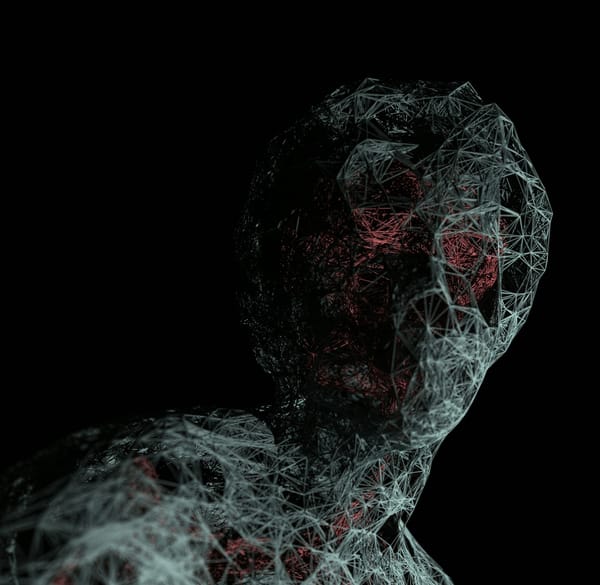Good Doctors Care Less

One of my mentors is also an amateur pilot. He once told me that it’s easier to operate on people than fly a plane. That seemed odd and untrue.
But he wasn’t making a point about technical skill or one’s ability to gain it, but rather about a simple and pragmatic truth. In the OR you risk someone else’s life. When you pilot a plane, you risk your own.
“You can’t say that” ran through my head. It felt wrong because it seemed to imply that a patient’s life had little value to his doctor. It also seemed to imply that from the comfort of our safety, we would happily risk someone else’s life. It seemed to imply that doctors only care about themselves.
But that knee-jerk reaction was predictably wrong. It was the sign of a young mind.
As I thought about it, it became obvious.
Of course we value our continued existence more than we value a stranger’s. That’s true across the board, regardless of the job we perform. Even the hero who runs into a burning building to save a stranger still hopes to come back out alive. Such heroes just show a higher tolerance for risking one life to save two, not a decision to give up their own. And when they say “Anybody would have done the same” we feel the impact of such a response not just because we like a modest hero, but also because we doubt it. Would we really run into the burning building or would we in fact just run through all the reasons not to?
We simply value our lives more.
But self-preservation is hardly an original idea.
However, when doctors articulate it, it seems wrong.
Veiled in an aura of self-sacrifice, medicine and the people in it seem to bask in the attention this gets. We like to remind outsiders how much we work, how little we sleep, and how long our hours are, not realizing that the effect this has is not what we desire. What we desire is respect for what we’ve achieved. What we get instead is a prison.
Constantly reminding people we’re all for medicine makes derailing from that impossible. So saying “I’d rather risk someone else’s life than my own” suddenly becomes controversial.
The sensitive nature of our profession makes it impossible to respond to risk as regular humans do, lest people stop trusting us. Patients have to believe that the sanctity of their lives and health are at the forefront of a doctor’s identity, even when that becomes ridiculous. Anything short of that feels unethical.
But you don’t want to become a doctor who fears for the patient’s life as you would for your own. That would hinder you to the point of inaction.
So if that’s the case, why does it seem like this is what people expect?
This apparent contradiction stems from how healthy and sick people see the world differently.
Detached from disease, healthy people think they would want emotional empathy from their doctor. They believe that the best doctors are the ones who feel their patient’s pain. They think that feeling the weight of a patient’s suffering makes doctors better equipped to deal with it. But they’re wrong.
Sick people have it figured out. They want results and expertise. They don’t want to see their doctor crying with them. They want to be made well by someone with grounded self-confidence. Just as they wouldn’t want to be treated by a doctor going through a divorce, they don't want to be treated by a doctor who feels their pain. They want cognitive, not emotional empathy. Cognitive empathy refers to how well an individual can objectively perceive and understand the emotions of another. Sick people want doctors who accept the existence of their disease and understand the significance of its impact.
And while the patients are right, the healthy people have their views broadcasted louder. Their opinions seem intuitive and right in modern society. And while detached opinions have the luxury of being loud, true suffering is quiet.
And it is the sick people we should tailor our profession around. As a young doctor, you will feel the pressure of feigning what society expects of you, even as you risk performing sub-optimally. But accept that there’s a good reason why you shouldn’t want to perform surgery on your mother.
Good doctors care less, and that makes them act clearer.
So long as they don’t use the previous sentence as an excuse to act like assholes.





